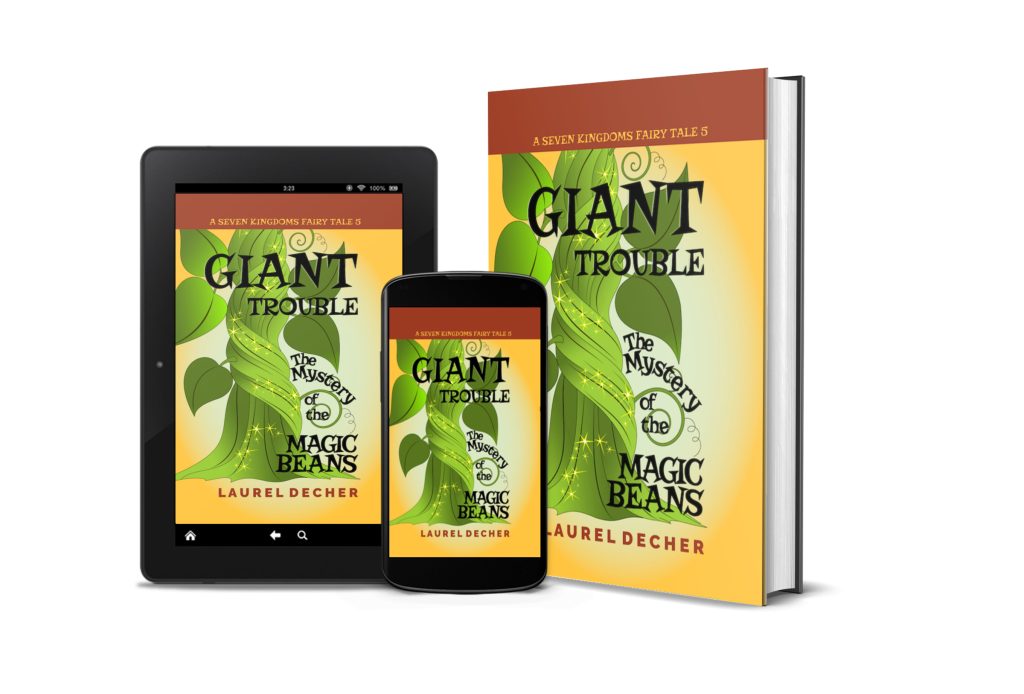
What would you do if you lost your identity? Or had no way to prove you were one of the "good guys"?
A reputation is a thing you don’t think about until it’s lost. There are so many ways to “prove” who we are today and most of them involve your smart phone. But what if you couldn’t prove who you really are?
Someone approached me on the street the other day, needing to talk. The situation was unbelievably bad: immigration and medical problems, grief and financial hardship, difficulties around work, worries about children.
After a little while, I was asked if I would buy some things for the kids.
I said I needed advice.
Tears stood in her eyes. "You need advice . . . to buy Pampers for my children?"
“No,” I said, ashamed. “I guess I don’t.”
As far as I know, there’s no diaper black market or any illicit use for diapers. They’re just diapers. And if you need diapers for your kids badly enough that you are willing to approach a perfect stranger to ask for help, you probably really need them.
I felt uneasy because I didn't know who could vouch for this person.
I asked her for her name and realized, when I was only offered the first name, that this person couldn’t trust me entirely either.
One of my children is seeking letters of recommendation to go to graduate school. This is the official form of vouching for people. Some people call it the “old boys’ network” or talk about how they can never get ahead because they don’t know the people who matter.
But who can vouch for you when everyone has fled?
This must be one of the great costs of war: the loss of trust and societal structure means survivors have the additional burden of convincing strangers that they are telling the truth. Most of us have no personal experience with horrific circumstances like these. We can’t imagine them and don’t really want to.
How do we plant the first seeds of trust?
When I first moved to my little village in Germany, I didn’t know anyone outside my family. Since I love libraries, I asked if I could volunteer in the local library. The library board gave permission and I unexpectedly gained a group of friends.
They take me on field trips, give me advice about everyday life, and vouch for me in unexpected ways. They trust me and I want to extend that trust to others.
This is my wish: that we all find places to belong and contribute, places to trust and to be trusted.
So we found a drugstore and bought cheap diapers. It’s not much.
I wish it were more.
But if we could all trust a little, it might be enough.
I’m a children’s author, so when something is bothering me, I write about it . . . this rollicking adventure features William’s attempts to bridge the gap between the giants and the Seven Kingdoms . . . with everything from comic strips to hot chapati off the griddle!
When seven giants show up from out of town, William has a similar problem . . .
Can he trust them? And how can he win their trust?
Eleven-year-old Prince William made the last food the resident giant, Mr. G, ate. He can’t imagine what went wrong, but he can’t get out of the castle to find out . . . because seven giants are marching around the Marigold Kingdom with picket signs.
Giant Trouble: The Mystery of the Magic Beans is Book 5 in the series. For ages 9 to 12.

